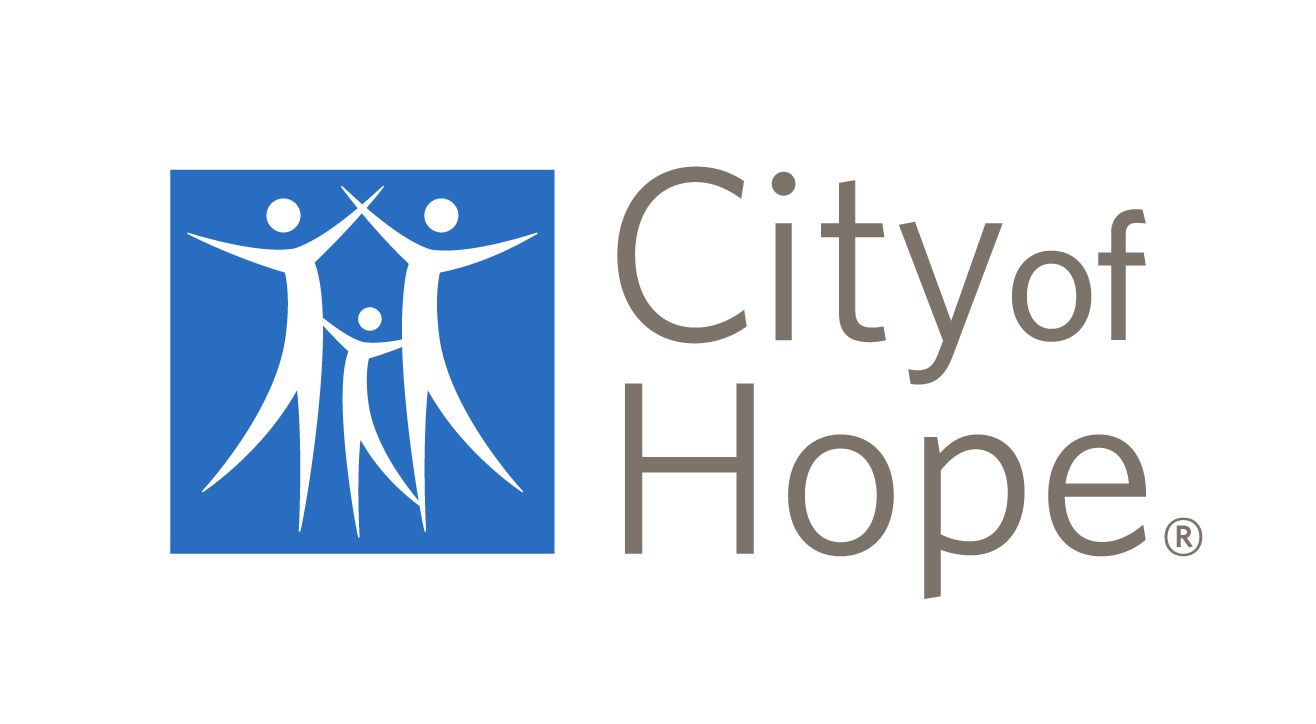- Advertise
- About OncLive
- Editorial Board
- MJH Life Sciences brands
- Contact Us
- Privacy
- Terms & Conditions
- Do Not Sell My Information
2 Clarke Drive
Suite 100
Cranbury, NJ 08512
© 2025 MJH Life Sciences™ and OncLive - Clinical Oncology News, Cancer Expert Insights. All rights reserved.
Dr. Dorff on the Clinical Implications of the ARAMIS Trial in Nonmetastatic CRPC
Tanya Dorff, MD, discusses the clinical implications of the phase 3 ARAMIS trial in nonmetastatic castration-resistant prostate cancer.
Tanya Dorff, MD, medical oncologist, associate clinical professor, Department of Medical Oncology & Therapeutics Research, City of Hope, discusses the clinical implications of the phase 3 ARAMIS trial (NCT02200614) in nonmetastatic castration-resistant prostate cancer (CRPC).
When patients present with a rising prostate-specific antigen (PSA), they are treated with hormone therapy until their PSA rises again, Dorff says. The ARAMIS trial evaluated darolutamide (Nubeqa) compared with placebo, while castration therapy was continued, in men with high-risk nonmetastatic CRPC, Dorff adds. Moreover, the study included patients only with a PSA doubling time of 10 months or less, Dorff says.
The results of the ARAMIS trial demonstrated similar efficacy as observed in other trials evaluating enzalutamide (Xtandi) and apalutamide (Erleada), Dorff continues. Overall, darolutamide and the other antiandrogenic agents can beutilized for men with nonmetastatic CRPC to delay the onset of metastatic disease or deterioration in quality of life, Dorff concludes.
Related Content:





